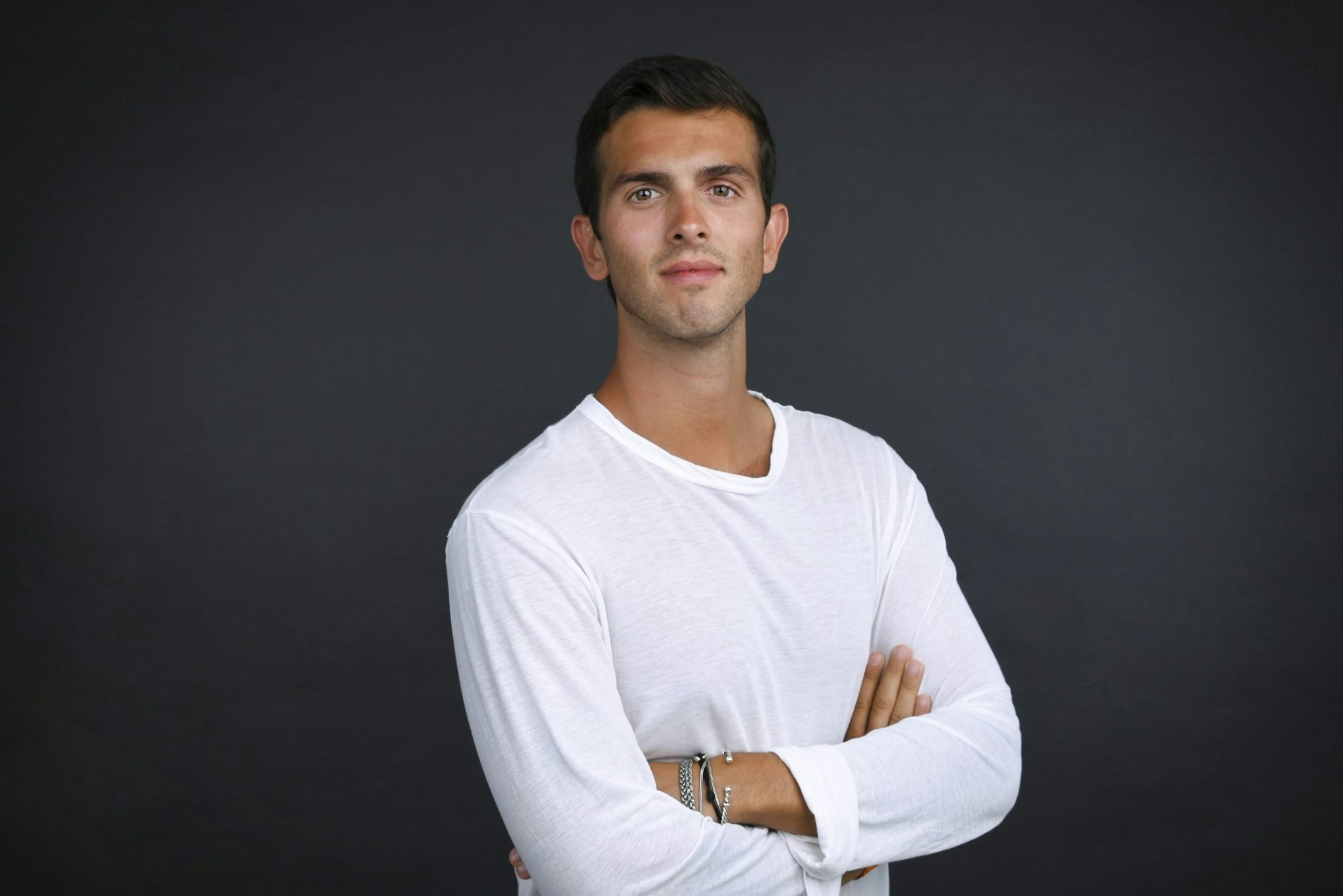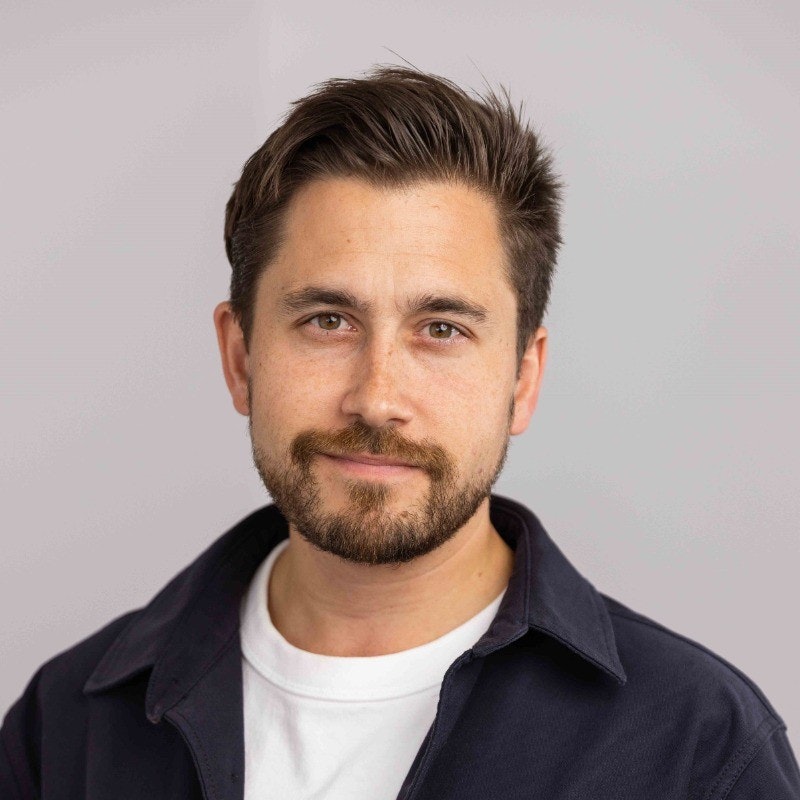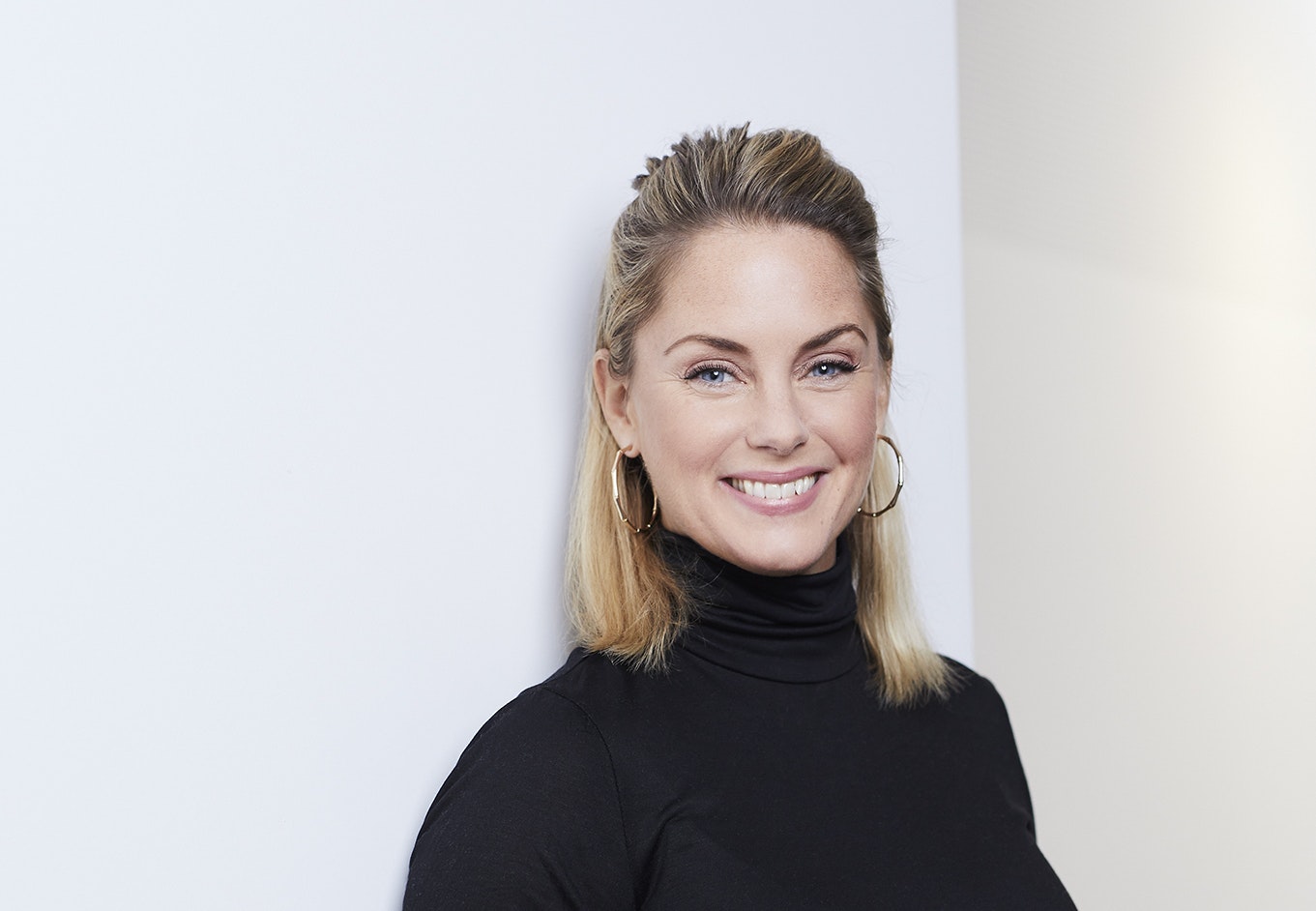Europe’s most active deeptech investor, the European Innovation Council (EIC) Fund, kept founders waiting “far too long for money” but is now on track to clear its backlog by the end of the year, the EIC’s outgoing chair says.
The EIC Fund is Brussels’s first initiative to invest EU funds — €3.5bn over seven years — directly into European most innovative companies. But since the start of its programme, the fund has been struggling with severe delays in payments, leaving dozens of European startups short of cash and on the brink of bankruptcy.
Mark Ferguson, who has been the chair of the advisory board to the EIC since its conception five years ago, says the issue is due to be completely resolved by the end of the year.
“There were a number of companies in earlier cut-offs that waited far too long for money. So let's be very clear: this is not acceptable. And it's not the way that the EIC will be working. They are quite right to complain. I'm not making any excuses,” he tells Sifted in an interview. “The backlog should be cleared by the end of the year.”
The EIC Fund was reformed last year, introducing an external fund manager to take over all investment decision-making. This has helped streamline the payments backlog, he says.
But the logjam is still there: while the EIC accelerated the process, some startups are still waiting for their money to come in. Since the beginning of the fully fledged programme, 245 companies have been selected for equity money; out of these, the EIC Fund investment committee has given its final green light to 97 companies, after conducting the due diligence. 24 of these companies signed an investment agreement and 23 received the money, after the final negotiations on the exact terms of investment.
Ferguson stresses that the EIC’s target is to shorten the time founders have to wait — from application to money in the bank — to four months. At the moment the average turnaround is seven months.
“We want to be entrepreneur-friendly. We want to be the investor of choice. We want to be operationally excellent, we want to attract other investors. And we really want to operate on the same timelines as the private sector,” he says.
The context
The EIC Fund is part of Europe’s effort to compete with big players, like the US and China, on creating groundbreaking technologies. The body offers European deeptech companies grants of up to €2.5m and invests up to €15m per company, for a maximum equity stake of 10-20%.
In a couple of years, it’s become Europe’s most active deeptech fund; it’s taken part in some of Europe’s largest deeptech rounds, including the €100m round raised by PASQAL, a French quantum startup, in January this year; it’s on the cap tables of five unicorns, such as Cellink and Relex; and each new call for applications gets around 1,000 entries.
But the fund’s successes have been overshadowed by the fact that hundreds of founders have been waiting for months, and sometimes years, for their investment money to be paid out.
Ferguson explains that right after the full programme kicked off in 2021, after a successful pilot, the Commission made the call that the final decision-making on investments would be made by an independent private fund; it eventually picked Luxembourg-based Alter Domus. But that process took a long time — and the payment backlog was growing.
Ferguson, who will step down as the chairman of the board by the end of this year, and will be replaced by a new EIC president, Michiel Scheffer, says that the Commission’s decision to restructure the fund was “unexpected”, especially after the successful pilot programme. But, he says, the current arrangement, after the initial hiccups, is working very well.
“I can't undo history. I can't change what the Commission decided to do in terms of administrating the fund… I have to make sure that that is a thing in the past, that we basically cleared the backlog, and we’re going forward,” he says.
More women, more new countries
Moving forward, Ferguson hopes that the fund will overcome its operational issues and focus on other challenges, like improving diversity and inclusion.
It’s making good progress on increasing the proportion of female-led companies receiving funding. In the earliest calls for applications, the share of female-led startups that qualified for funding was in the single digits. In the last cut-off, in January, it reached 40%.
Ferguson says this was achieved by inviting more women to the interview stage of the process — with the caveat that the final decision on investment was made based on the excellence of the company, not on gender.
“What we were doing was giving a woman a chance to pitch at the final pitch in the belief that they may have been excluded earlier, because they were perhaps more thoughtful, and weren't as pushy as perhaps the male [candidates].”
Now, he hopes, similar efforts will be made to increase the number of companies from so-called “widening countries” — those with less-developed startup ecosystems, such as Europe’s eastern and southern countries. The EIC Fund still receives few applications from these countries, and their startups don’t tend to win the funding.
“We can repeat some of the stuff we did with women, but I think we can also do more things,” he adds.
For Ferguson, increasing access to funding to those unserved groups is one of the greatest benefits of public institutions, like the Commission, doing direct investments.
“I am personally very, very positive about the Commission taking this bold decision to do direct equity,” he says. “People are feeling positive: they think they can do a €100m Series A round in Europe, they're thinking: ‘I can get a big tech company if I’m a woman or I’m from a widening country.’ That's terrific. And we need to do more of it, we absolutely need to do more of it.”


